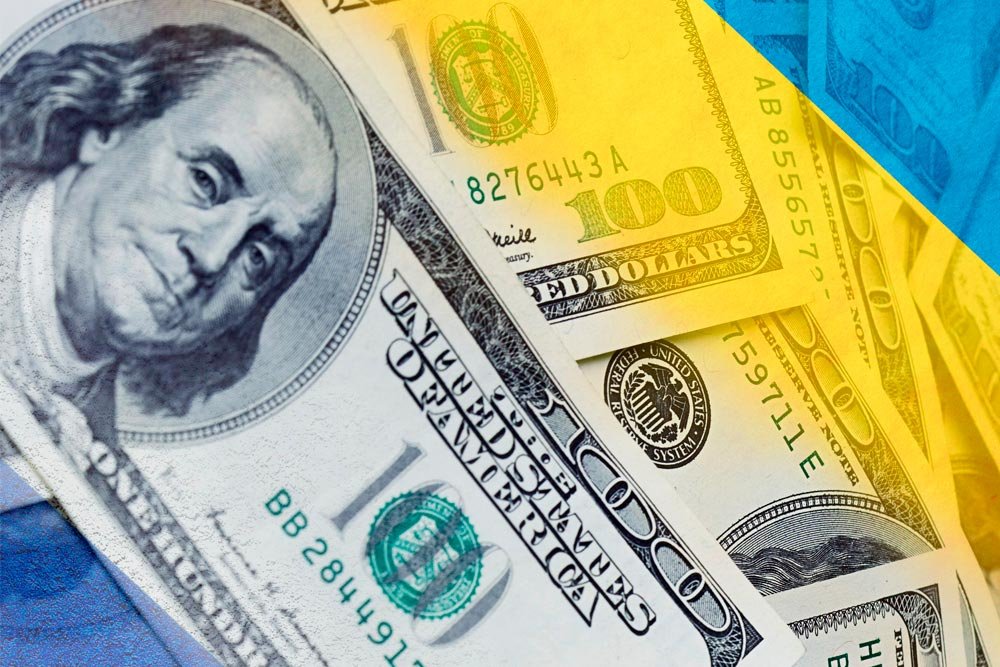As if it were a new global tsunami, the war in Ukraine entered the international arena as surprisingly as the pandemic did two years ago. Thus, as with COVID 19, the unexpected Russian invasion had a sweeping effect on the already unstable world economy. The effect on the stock markets was immediate, especially in the European bloc, which completed its second largest fall (4.6%) since October 2020, due to its close energy trade relations with Russia. In total, during the first days of the war alone, the world’s stock markets had a cumulative fall of 8% by 2022.
Although the conflict has so far been restricted to Ukraine, the fact is that the impact of the closure of Ukrainian borders -due to the war- and Russian borders -due to sanctions- has not been long in coming. On the one hand, the uncertainty of a new recession in Europe is latent, volatilizing the stock markets due, in part, to the rapid increase in oil prices, which for the first time in years rose above USD 100 per barrel. Likewise, according to international organizations such as the United Nations, the increase in food prices will be between 8 and 22% due to the fact that both nations are agricultural powers in the first place, for products such as wheat, corn, rapeseed, pipes and sunflower oil, and to the higher transportation costs due to the high price of fuel.
Taken together, the already prolonged military conflict and economic sanctions highlight once again the adverse effects of conflict in an interconnected world and its effects at the economic, political and social levels, without a doubt the invasion that began on February 24 2022, changed the configuration of the world as we had known it, one more stick to the immense sea of uncertainty of a period of instability that has already lasted for more than two years. The medium and long-term effects of the war on the global economy will be heir to the decisions being made today in the biggest offices of planet Earth.

